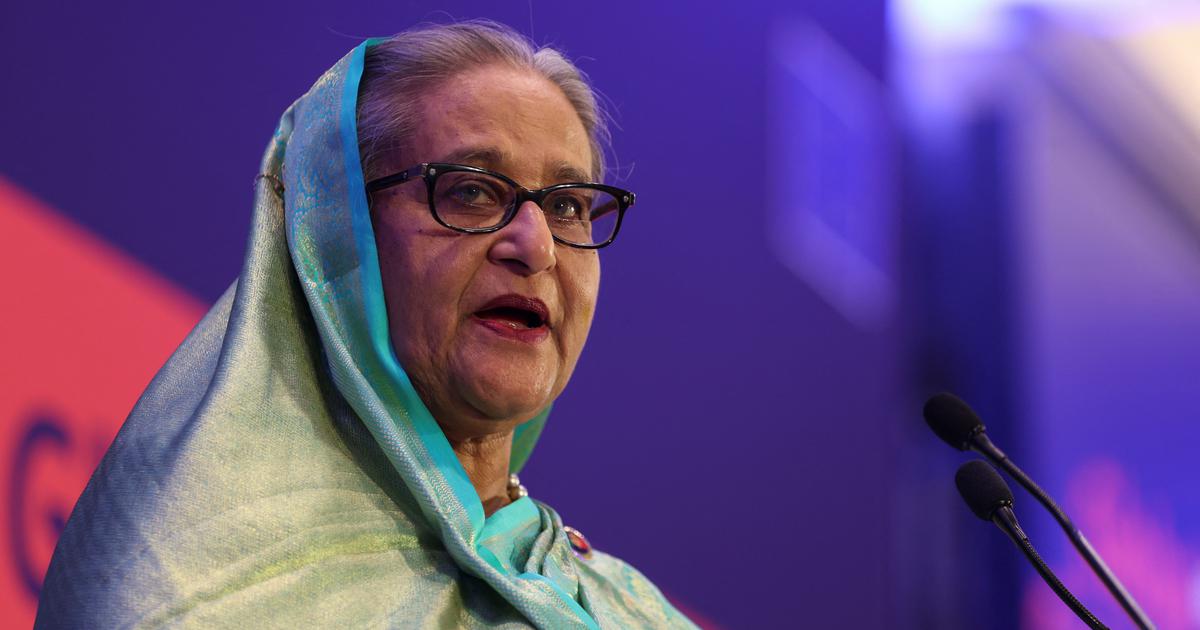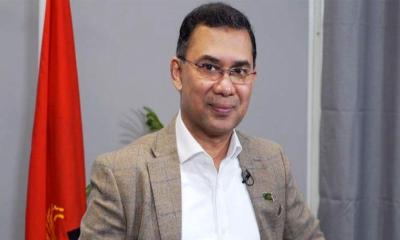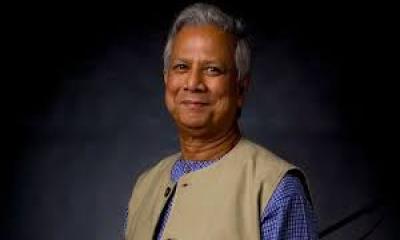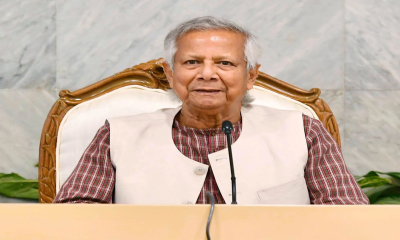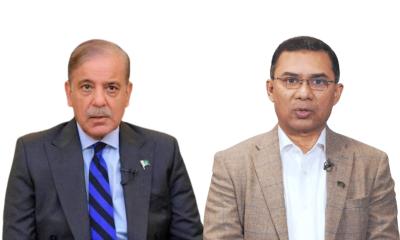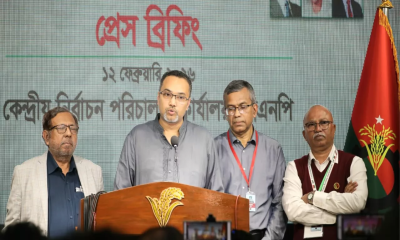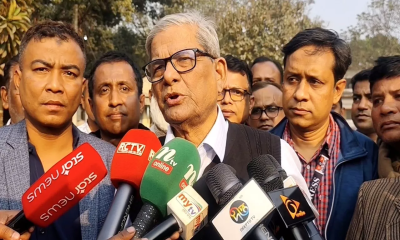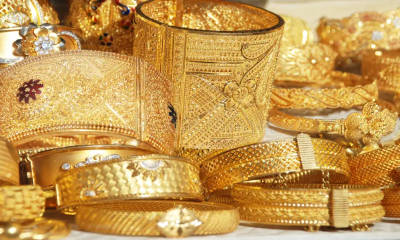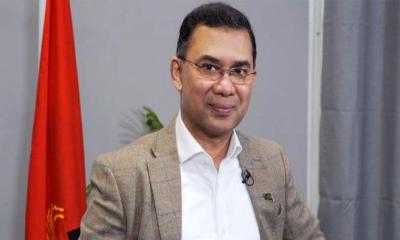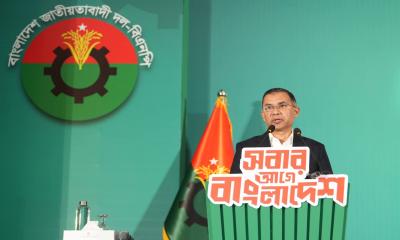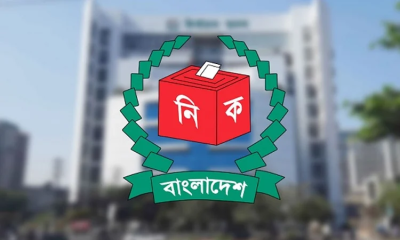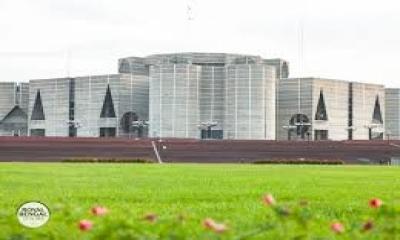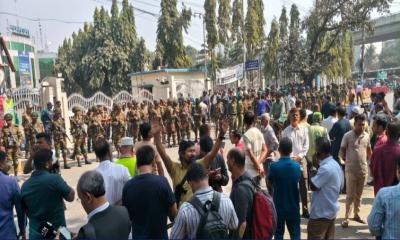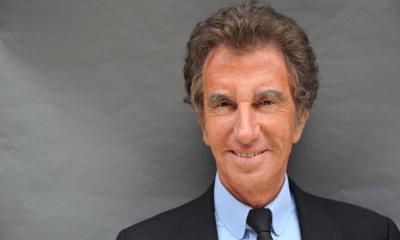The Anti-Corruption Commission (ACC) has announced it will investigate serious allegations of corruption involving former Prime Minister Sheikh Hasina and her family.
These accusations include the alleged theft of over $500 million (around 59,000 crore taka) from the Rooppur Nuclear Power Plant, as well as corruption in various other government projects amounting to 80,000 crore taka.
On Tuesday, the ACC began looking into claims involving Sheikh Hasina, her sister Sheikh Rehana, her son Sajeeb Wazed Joy, and her niece Tulip Siddiq.
The investigation is focused on the Rooppur project, as well as other projects such as the Ashrayan project.
On December 15, the High Court raised concerns about the lack of action from the ACC, questioning why the commission has not investigated the embezzlement of $500 million (around 60,000 crore taka) involving Sheikh Hasina, her son, and niece. The court has asked for an explanation.
Various sources, including the ACC, have claimed that Sheikh Hasina embezzled over $500 million from the Rooppur Nuclear Power Plant.
A report from Global Defense Corp uncovered this allegation. It says that the Russian company Rosatom, which is in charge of building the plant, gave Sheikh Hasina the opportunity to steal money by allowing a Malaysian bank to be used in the process.
Sajeeb Wazed Joy and Tulip Siddiq are said to have helped in the scheme.
The Rooppur Nuclear Power Plant is one of Bangladesh’s largest and most expensive projects. When finished, it is expected to provide 20% of the country’s electricity.
The construction budget was set at $12.65 billion, which some experts believe is excessively high. According to the report, Rosatom allowed Sheikh Hasina to embezzle $500 million from the project’s budget using a Malaysian bank.
In return, Tulip Siddiq and other family members, including Sheikh Rehana, reportedly received 30% of the stolen money.
The report also claims that Sheikh Hasina used Global Defense Corp to transfer money into offshore accounts in various countries.
The company suggests that nearly $900 million was laundered through countries like the United Kingdom, with the help of the Destiny Group, a known Ponzi scheme.

-20241127112230.jpg)
